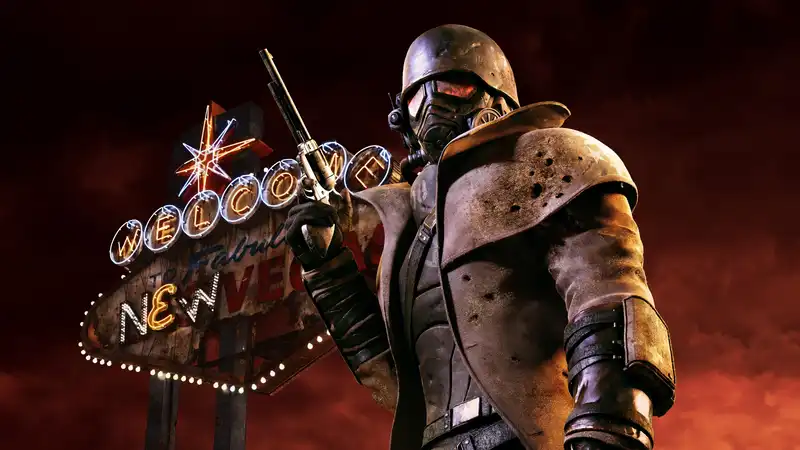This week saw the debut of the "Fallout" TV series, and the response has been almost entirely positive. Almost. Some fans have had major complaints about the show's impact on the established "Fallout" lore.
I won't spoil it here, but midway through the series, we learn the dates of key events that may (or may not) overlap with the "Fallout: New Vegas" timeline. Because of this, some "Fallout" fans claimed that the "New Vegas" storyline was completely retroactive from the "Fallout" lore. Other conflicting details in the program raised concerns that "Fallout 1" and "Fallout 2" were being treated the same. In other words, would all non-Bethesda "Fallout" games be erased from the lore?
No, no. Yesterday, I dismissed with a single shot the claim that the "Fallout" show erased "Fallout 1," "Fallout 2," and "New Vegas" from the fictional history books. But if you don't feel like reading 1,200 words on this topic, just listen to someone who is much more detailed and more concise than I am.
Emil Pagliarulo, design director at Bethesda Game Studios and lead designer and scriptwriter for "Fallout 3" and "Fallout 4," yesterday cleared up confusion about when things happened between the main games in the "Fallout" series He posted the "Fallout" timeline on Twitter in hopes of clearing up the confusion. But thankfully, one Twitter user asked the real question: is New Vegas canonical or not?
"Of course it is," Pagliarulo replied. 'Of course it is.'
Yes, New Vegas is still canon. Todd Howard isn't trying to kick Obsidian out of the family portrait (both are now owned by Microsoft dads), and we hope these eight soothing words from Pagliarulo will calm the radioactive waters. But to be fair to the lore enthusiasts who raised this issue in the first place, the show could have been a bit more clear on a few details and avoided much of this confusion and concern in the first place.


Comments